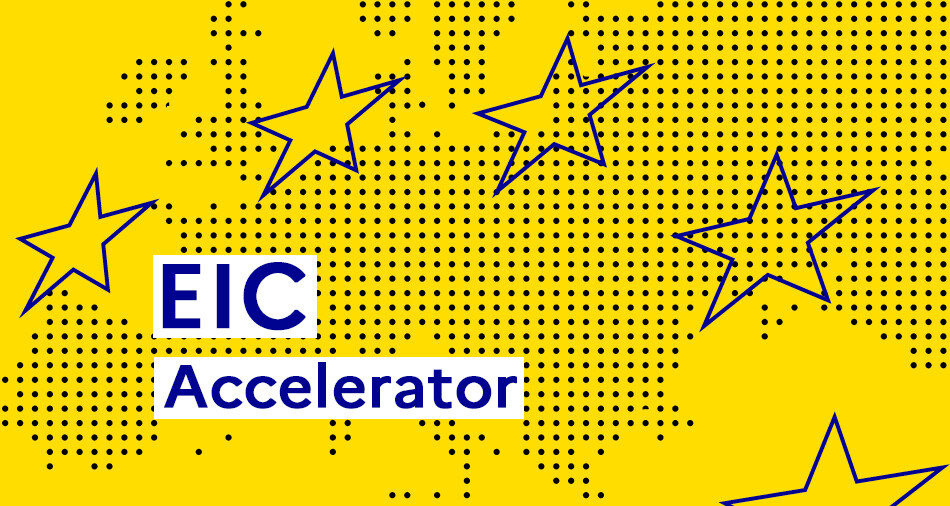ExpectedOutcome:
Successful proposals will deliver, to all actors involved in nitrogen (N) and phosphorus (P) emitting activities in a given region, a demonstrated set of measures to limit N/P emissions and re-balance N/P flows within safe ecological boundaries at regional and local scale, thereby contributing to restoring ecosystems in line with the European Green Deal and the EU zero pollution action plan.
Projects results are expected to contribute to all of the following expected outcomes:
- Best practice, including technical and governance solutions, to reduce N/P emissions into water, air and soil from all emitting sectors, in line with relevant EU limit values;
- Demonstrated environmental, economic and behavioural effects of aforementioned N/P limiting solutions while promoting local and regional sustainability and circular economy schemes;
- Comprehensive guidance on sustainable and circular practices to control regional N/P flows at regional level in the EU, and recommendations to relevant actors (policymakers, local administrations, practitioners, industries etc.).
Scope:
Building on recent innovations in regional N/P budgeting and quantification methodologies to ensure good status for air, water and soil ecosystems, this Innovation Action should demonstrate how to apply optimised N/P budgets, based on maximum allowable inputs of N/P at a regional/river basin scale, and create the necessary systemic and multi-actor transition pathways to ensure a sustainable integrated N/P management in the future. The aim is to show how N/P-relevant sectors (e.g., agriculture, aquaculture, forestry, industrial sectors, food/drink sector, water supply, water/waste management, bioenergy, fossil-based energy production, mining activities, transport, unintentional losses through leaching and run-off of agricultural nutrients etc.) in a given region can limit N/P emissions to air, water and soil from their activities by respecting pre-established regional N/P budgets and applying N/P balancing practices. N/P-balancing practices comprise activities that enhance the sustainability and circularity of N/P relevant resources and services between urban/industrial and rural/coastal environments and apply respective governance measures. Finally, it will be essential to develop comprehensive guidelines to disseminate best practices and techniques to all involved actors.
Proposals should:
- Implement a reliable N/P budgeting methodology to identify the maximum allowable input of N/P at regional/river basin scale and ensure good status for air, water and soil ecosystems. N/P budgets should stay within safe ecological and regional boundaries, i.e. by respecting limit values of N/P in air, water and soil, as specified in existing EU legislation[1] or based on recent scientific evidence[2] and complying with the precautionary principle.
- Demonstrate single or integrated region-specific practices in all relevant N/P sectors that help balance emissions from N and P-based fertilisers in agriculture, enhance soil health, reduce eutrophication and water pollution and limit harmful emissions to air.
- Showcase how innovative governance models can contribute to fostering ecologically responsible and sustainable use, recovery and exchange of N/P relevant resources, services and infrastructures between urban/industrial and rural/coastal environments while meeting overarching EU objectives (farm to fork and biodiversity strategies).
- Test innovative practices and technologies to make use of secondary raw materials and produce N and P-based fertilisers recovered from organic waste, wastewater, biological residues or by-products and promote local and regional value chains.
- Apply novel governance approaches and other incentives supporting practices to limit N/P emissions and develop respective guidelines and recommendations for all concerned stakeholders (local and regional authorities, municipalities, environmental organisations, farmers and other practitioners industry, civil society etc.), to encourage behavioural change and public acceptance of recovered products as well as more effective problem-solving mechanisms while envisaging regional twinning and mentoring schemes.
- Disseminate results and best practice to all stakeholders involved across the EU and Associated Countries, and provide recommendations on the design of harmonised, coherent and efficient regional policies and regulatory instruments that facilitate eliminating and preventing N/P pollution.
Applicants are encouraged to join different regional clusters per project and to diversify their proposed consortia by involving a wide range of relevant stakeholders, such as primary producers and practitioners, local and regional administrations, municipalities, related industries, environment organisations, academia, civil society, citizens, etc.
The projects funded under this topic are expected to build close links and exchange knowledge and information with the Horizon Europe Mission “Restore our Ocean and Waters by 2030”. In particular, they should link to the Mission activities under Objective 2 – “Prevent, minimise and eliminate pollution in marine and freshwater environment”, and to the Mission lighthouse activities in the Mediterranean sea basin focusing on the prevention, reduction and elimination of all kinds of pollution in marine and freshwater ecosystems, including pollution from excess nutrients (phosphorus and nitrogen).
This topic will be part of the demonstration projects for the implementation of the European Commission’s Circular Cities and Regions Initiative (CCRI) and must be carried out in close cooperation with it.
SSH aspects should be included.
Specific Topic Conditions:
Activities are expected to achieve TRL 8 by the end of the project – see General Annex B.
[1]EU Water Framework Directive, Nitrates Directive.
[2]EEA 2020, Is Europe living within the limits of our planet? An assessment of Europe's environmental footprints in relation to planetary boundaries’ https://www.eea.europa.eu/publications/is-europe-living-within-the-planets-limits.





